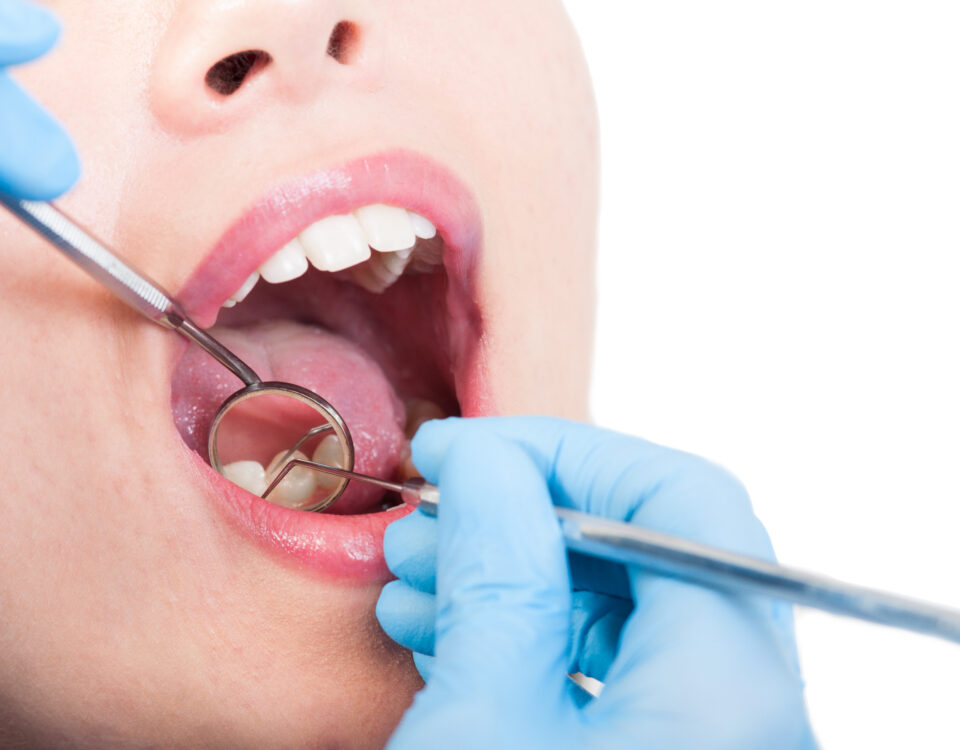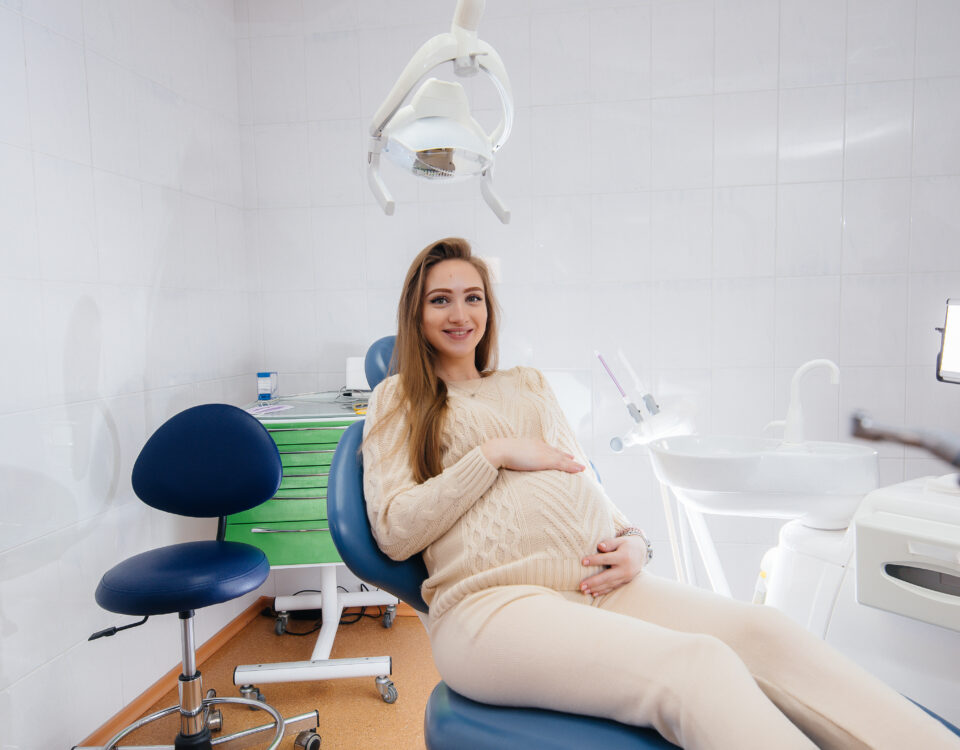Get Quality Zzz’s: Treat Obstructive Sleep Apnea Today

How Your Dentist Can Tell if You’re Stressed Out
July 1, 2021
Same Day Dental Restoration: CEREC Same Day Crowns
July 14, 2021Get Quality Zzz’s: Treat Obstructive Sleep Apnea Today

Snoring is frustrating, but did you know it can also have negative consequences on your overall and dental health? If you snore during your sleep, it means you have an obstruction in your airway. Not only can this make you overly tired during the day, but it can also lead to negative health effects as well. This is what you need to know about obstructive sleep apnea and getting a better night’s sleep.
What is Snoring?
When we all sleep, the tissues in the roof of our mouths, tongue, and throat relax. However, for some people, these tissues relax so much that the airway becomes partially blocked. When air tries to flow through your throat, the soft tissues causing the blockage will begin to vibrate, causing the sound you know as snoring.
Snoring is a very common condition, affecting up to 57% of men and 40% of women in the United States. The Sleep Foundation explains that though these statistics demonstrate snoring is widespread, its severity and health implications vary from person to person. Some people might not experience snoring every night, however, those who snore frequently are more than likely showing signs of an underlying sleep-related breathing disorder, like that of obstructive sleep apnea.
Obstructive Sleep Apnea
Obstructive Sleep Apnea (OSA) is caused by obstructions in the airway and can result in hundreds of interruptions to your breathing in a single night. Sleep apnea is a respiratory disorder that can be found in people of all ages. It makes breathing more difficult and can greatly reduce your quality of sleep, and the quality of sleep of your bed partner as well. The symptoms of obstructive sleep apnea include:
- Excessive daytime sleepiness
- Irritability and personality changes
- Frequent loud snoring
- Difficulty staying asleep
- Choking or gasping sensations during sleep
- Frequent morning headaches
- Awakening with a very dry or sore throat
- Difficulty concentrating
Risks of Developing Obstructive Sleep Apnea
Over the years many studies have been conducted looking at just what could make people more at risk for developing OSA. Several studies, the Sleep Foundation explains, have shown that your gender, age, and weight could all increase your risk of developing OSA. The most common risk factors include:
- Age: as people get older they are more likely to experience OSA going from young adulthood to their 50’s and 60’s.
- Gender: men are up to three times more likely to have OSA than women.
- Obesity: many studies have also found a strong correlation between higher body mass indexes (BMI) and OSA.
- Upper airway and craniofacial abnormalities: people are more likely to have OSA if they exhibit abnormalities like short mandibles, enlarged tonsils, or abnormally sized upper jaw bones.
- Neck size: people with a larger neck (over 17 inches in men and 16 inches in women), tongue, or tonsils and adenoids are at an increased risk for experiencing blocked airways during sleep.
- Family history: genetic predispositions like craniofacial structures and having family members who snore increase individual risk.
- Smoking: heavy smokes are up to three times more likely to have OSA than those who do not smoke.
- Nasal congestion: people who suffer from nasal congestion are almost twice as likely to have OSA.
- Pre-existing conditions: those with type II diabetes, gastroesophageal reflux, cardiovascular disease, polycystic ovarian syndrome, hypothyroidism, and other conditions are more likely to develop OSA.
Oral Appliances for OSA
If you have noticed signs of snoring in yourself or a loved one, it could be due to OSA. If OSA is the cause of your snoring and lack of sleep, Mountain Aire Dentistry can help treat you with a custom-made oral appliance. This oral appliance helps those with mild-to-moderate sleep apnea and is only worn while you sleep. The oral device works by preventing obstructions in your airway through the night and allows you to breathe continuously.
If you don’t treat OSA, the effects can have further negative health consequences on your body. For example, untreated OSA has been linked to an increased risk of stroke, heart attack, and brain damage.
Treat OSA with Mountain Aire Dentistry
Snoring does more than just ruin a good night’s rest. It can also put you at risk for severe health issues if left untreated. If you or a loved one snores frequently, make an appointment to meet with Dr. Chris Bockrath. Dr. Bockrath will discuss your symptoms with you and determine if you are suffering from mild-to-moderate obstructive sleep apnea. Get a better night’s rest with the help of Mountain Aire Dentistry! Call us today: (303)-731-7755.
When you visit our Broomfield dental office, your smile is our top priority. Our Dentists invite you to experience the difference a warm and caring team can provide for you and your family. Enjoy a unique and comfortable dental experience designed to bring a healthier and happier smile back into your life. We invite you to call or visit our Broomfield dental office and discover the exceptional difference we offer to those we serve.













